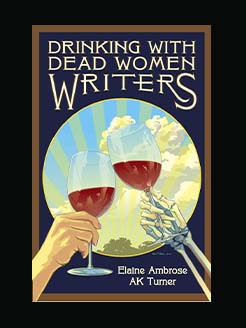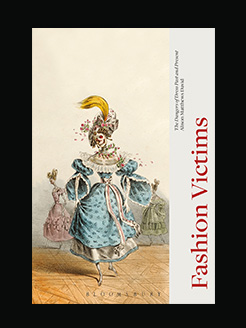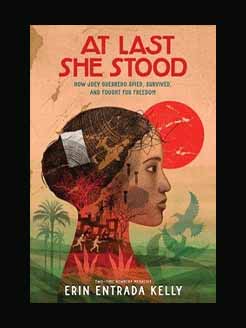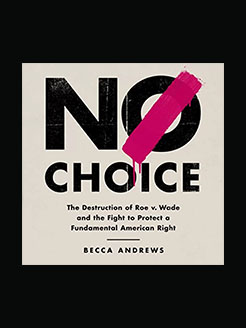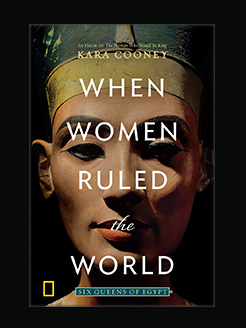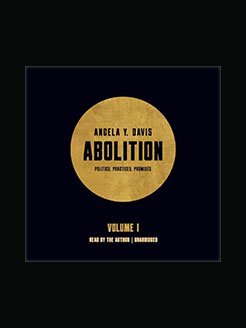Published in 2022
225 pages
5 hours and 24 minutes
Patty Krawec is an Anishinaabe and Ukrainian writer from Lac Seul First Nation. She is cohost of the Medicine for the Resistance podcast and cofounder of the Nii’kinaaganaa Foundation, which collects funds and disperses them to Indigenous people and organizations. Her work has been published in Sojourners and Canadian Living. She is active with the Fort Erie Native Friendship Center and the Strong Water Singers. Krawec is a member of Chippawa Presbyterian Church and lives in Niagara Falls, Ontario.
Nick Estes is a citizen of the Lower Brule Sioux Tribe and is assistant professor of American studies at the University of New Mexico. He is the author of Our History Is the Future and the coeditor of Standing with Standing Rock. Estes cofounded The Red Nation, an Indigenous resistance organization, in 2014.
What is this book about?
The invented history of the Western world is crumbling fast, Anishinaabe writer Patty Krawec says, but we can still honor the bonds between us. Settlers dominated and divided, but Indigenous peoples won’t just send them all “home.”
Weaving her own story with the story of her ancestors and with the broader themes of creation, replacement, and disappearance, Krawec helps listeners see settler colonialism through the eyes of an Indigenous writer. Settler colonialism tried to force us into one particular way of living, but the old ways of kinship can help us imagine a different future. Krawec asks, What would it look like to remember that we are all related? How might we become better relatives to the land, to one another, and to Indigenous movements for solidarity? Braiding together historical, scientific, and cultural analysis, Indigenous ways of knowing, and the vivid threads of communal memory, Krawec crafts a stunning, forceful call to “unforget” our history.
This remarkable sojourn through Native and settler history, myth, identity, and spirituality helps us retrace our steps and pick up what was lost along the way: chances to honor rather than violate treaties, to see the land as a relative rather than a resource, and to unravel the history we have been taught.
